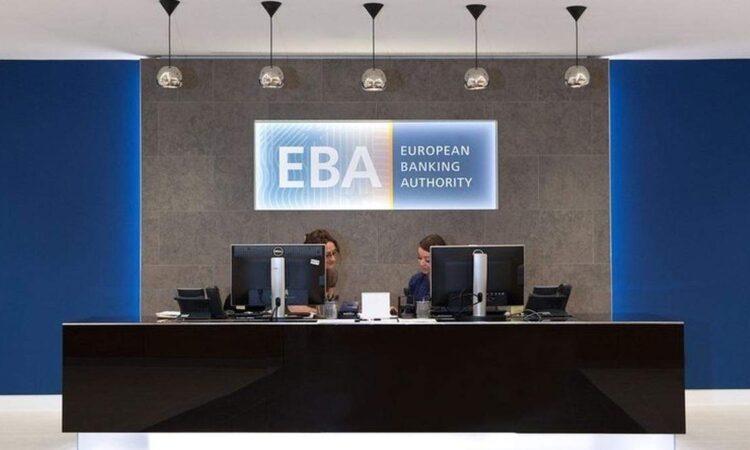
Europe is intensifying efforts to make it cheaper for banks to raise funding and offload risk to capital markets as a way to free up billions for defence and the green transition.
The European Commission is asking regulators and the financial industry to develop plans to increase the appeal of asset-backed securities for both borrowers and investors, according to people with knowledge of the matter. The proposals, expected to be released for a public consultation as soon as October, could include measures to make it easier for insurers to invest in this market, the people said.
While this week’s European Parliament elections gave ruling parties in key economies France and Germany a battering, regulators say the long-term need to find money for security and to address climate change have fueled broad political support for efforts to deepen its capital markets.
Jose Manuel Campa, chair of the European Banking Authority, singled out securitization as “one particular area” where there would be “action.” Securitization involves banks packaging loans to sell to investors, enabling them to free up capital backing those loans so it can be used for new lending. He said the European Central Bank had already smoothed out its process for approving deals and that more progress was imminent.
“This will come at the benefit of society,” Campa said. “I also think it’s good for banks because it will generate more activity.”
The proposals are at an early stage so specific measures are still being decided, the people said. The Commission did not immediately respond to requests for comment.
Securitizations are a vital source of funding for US banks but collapsed in Europe in the aftermath of the 2008 financial crisis. Outstanding EU volumes placed with investors stood at around €345 billion last December, less than half their €834 billion level in 2008, according to the Association for Financial Markets in Europe, known as AFME. It released a set of proposals to bolster the securitization market earlier this month.
Market Revival
The EU’s banks have been campaigning for more flexible rules and policies that would make the process less burdensome. They’ve latched onto the EU’s Capital Markets Union, a decade-old project to broaden the EU’s markets, as a way to advance their aims, yet have seen limited success.
The rules around securitizations have not been meaningfully reformed so far, and major hurdles remain for the overall capital markets union project. These include how far countries are willing to go to harmonize supervision on tax matters, as well as the thorny issue of a shared approach to insolvency.
Senior regulators say the tide has turned after an EU leaders’ summit in April committed to advancing work to “create truly integrated European capital markets” including “relaunching the European securitisation market.” That was followed by a letter from Austria, Slovenia and Croatia dated May 28 to Commissioner Mairead McGuinness, encouraging a review “to allow for a revival of EU securitisation markets.”
The Commission is also considering improvements for synthetic securitizations, people familiar with the matter said. These allow banks to insure loans against default by selling notes to investors such as pension and hedge funds. That also has the benefit of tying up less capital to meet regulatory requirements.
Realistic Chance
“I think there is a realistic chance now that a more comprehensive and far-reaching review of the framework will actually happen this time,” said Adam Farkas, AFME’s chief executive. “The political momentum is very strong, the legislative work does not need to go all the way to highly complex and difficult political negotiations, a set of comprehensive measures could be taken relatively simply compared to other points on the CMU agenda.”
The EU is aiming to fund a transition to a greener economy that requires €650 billion in additional investment per year over the next decade, and an additional €125 billion for digital finance, according to Commission estimates cited by AFME. The EU is also under pressure to deploy more cash to protect itself, with no end in sight to the war in Ukraine.
These needs could intensify the focus on financing, according to Verena Ross, head of the European Securities and Markets Authority, the region’s markets watchdog.
“If you want to find funding for defense, for the digital transition and for sustainability transitions…where is that going to come from?” she said. “What is needed now is a genuine political willingness to take on some of these really difficult issues.”






